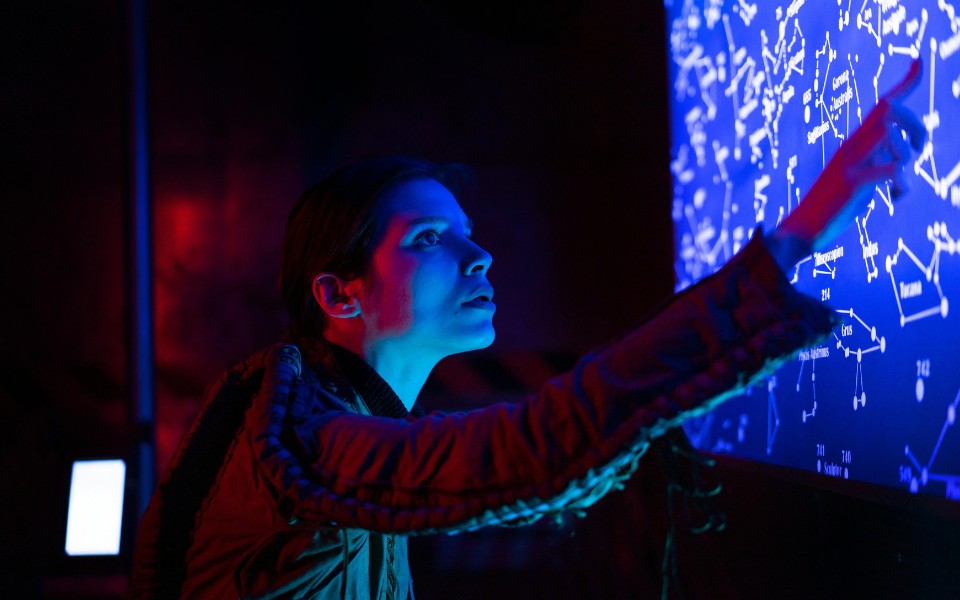Have you ever experienced an instance where your ideas appeared to distort reality, where coincidence looked too perfectly aligned and intuition more like insight? The idea of quantum consciousness finds its most fertile root in these profoundly human experiences. Is it, however, science, science fiction, or just our desire to comprehend the secrets of the mind?
Let’s investigate the intriguing and peculiar intersection of philosophy, physics, and imagination.
Really, What Is Quantum Consciousness?
Fundamentally, quantum consciousness is the hypothesis that our perception of consciousness may be connected in some way to the enigmatic concepts of quantum mechanics, such as entanglement, superposition, and uncertainty.
The idea that our thoughts could function at a quantum level, accessing a world where particles can simultaneously exist in two locations or instantaneously interact across space, is an incredible one. According to others, this may even account for consciousness itself, including our creativity, dreams, intuition, and feelings of self.
Interesting? Of course. Confirmed? Not exactly.
The Speculation’s Scientific Basis
Let’s not overestimate things. Most neuroscientists think that the brain’s classical (non-quantum) functions—such as neurones firing, chemicals flowing, and circuits forming—are what give rise to consciousness. Decades of studies in biology and cognitive science support this conventional wisdom.
The Orch-OR theory, on the other hand, was put out by anaesthesiologist Stuart Hameroff and physicist Sir Roger Penrose. It implies that microtubules, which are small structures found in human brain cells, maybe the site of quantum processes. This could provide a mechanism for the elusive “spark” of consciousness, they said.
The concept is divisive. Delicate quantum states cannot exist in the brain because it is too noisy and heated, according to critics. However, the notion continues to hold sway, particularly among those who think that the richness of conscious experience is not adequately captured by modern neuroscience.
So, Is This Sci-fi or Science Fiction?
To be honest, we have no idea. And that’s what’s so fascinating about this.
At the cutting edge of modern science, quantum consciousness is a topic of mystery, debate, and promise. It serves as a reminder that we still don’t fully understand the brain and that consciousness might involve more than just grey matter and electric pulses.
Science fiction? Perhaps. But keep in mind that space flight existed once as well.
Why the Concept Appealed to Us
The notion that our consciousness could be woven into the fabric of the universe is both thrilling and incredibly reassuring. It speaks to both contemporary spiritualities and old ideologies. It makes it difficult to distinguish between ideas and the universe, between mind and matter.
Regardless of the validity of quantum consciousness, the idea challenges us to consider more significant issues:
• What is reality’s nature
• Is the universe shaped by consciousness
• And where does wonder start and science finish
Concluding Remarks
Even while quantum awareness isn’t a science yet, it’s not fiction. It stands for our yearning to make sense of the unexplained and to connect the intensely personal experience of being human with the microscopic secrets of quantum mechanics.
So, is it sci-fi or science? It’s a little bit of both for now.
And perhaps that’s its proper place.
Also read: Quantum Computing Explained: What You Need to Know in 2025



